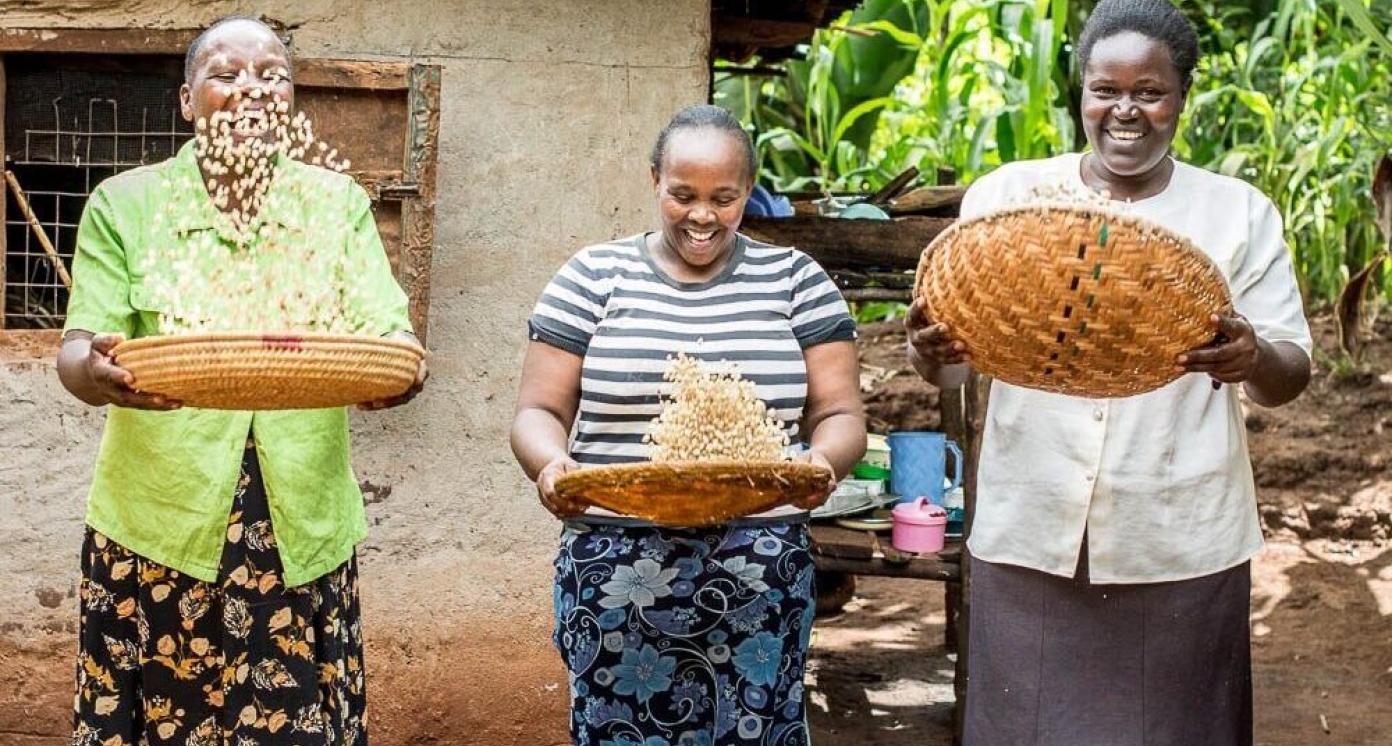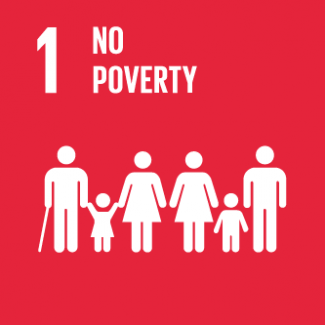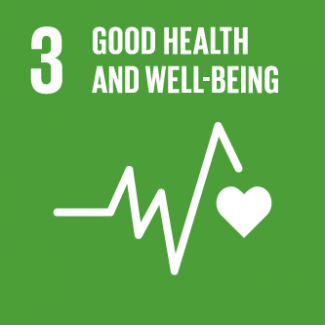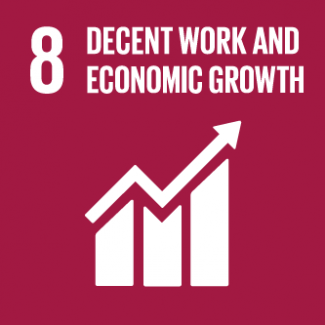Although smallholder farmers produce 80% of the food consumed in Asia and Sub-Saharan Africa, they are extremely vulnerable. Poor weather and climate change can lead to crop losses that set farmers back for months, keeping them in a cycle of poverty. Because these farmers lack the funds to deal with the losses, they remain on the brink of destitution, even in years of good harvest.
Despite the demand for risk-mitigation services, the market for agricultural insurance targeting smallholders remains largely untapped. The challenges in this market are multiple: most farmers have never had insurance before and do not know how it works. Additionally, due to the high costs of implementation, traditional indemnity insurance requires higher premiums than smallholder farmers can afford in order to be profitable.
Agriculture and Climate Risk Enterprise (ACRE) Africa has stepped in to meet these challenges. ACRE Africa is not an insurance company, but a service provider working with local insurers and other stakeholders along the insurance value chain. To keep costs low for farmers, ACRE Africa’s inclusive business model utilizes established distribution channels, such as financial institutions, agro-dealers and mobile operators. ACRE Africa’s typical customer is a farmer residing in rural areas and cultivating under two acres of land that caters for three quarter of the household income of an average of seven people.
ACRE Africa’s insurance products are index-based, which means that payouts are determined by comparisons to historical, regional rainfall patterns. Whereas classic indemnity-based insurance is based on crop damage reported after harvests, requiring a long claims process, index-based insurance triggers payouts automatically if rainfall is significantly greater or less than average. Premium payments and payouts are made electronically through farmers’ mobile networks and there is no need for in-person claims inspections, which can be very costly in remote areas. During the planting season, actual rainfall is measured using solar-powered automated weather stations located close to farmers and the data collected is co-related with data from high resolution satellites. If the rainfall is determined to be too little or too much, a payout is sent automatically using mobile money – the amount is based on the deviation from the rainfall index.
Since its establishment in 2014, when ACRE Africa was founded through the Syngenta Foundation for Sustainable Agriculture (SFSA) and the Global Index Insurance Facility (GIIF), its coverage of smallholder farmers has grown by an average of 519%. Using its impact investing funding and currently with a majority shareholding by ZEPRE, a COMESA reinsurance company and public support, ACRE Africa aims to achieve its ambitious goal of reaching five million farmers with coverage across Kenya, Rwanda, Tanzania, Zambia and Nigeria, and additional project operations in Uganda, Ghana, Malawi, Senegal, Mozambique, Zimbabwe, Malawi, Ethiopia, Somalia, Djibouti and other African countries. In tandem, ACRE Africa is developing new insurance products and distribution channels that will meet the needs of farmers in different geographic areas. This includes picture-based insurance that has been piloted and commercialized in Kenya and scaled to Uganda in the implementation of a hybrid index insurance product among banana farmers. This product incorporates use of smartphones to take periodic images of a crop cycle from germination to harvest. The images are shared remotely using a mobile application and ACRE Africa uses artificial intelligence to analyse the images and trigger customised advisories to the farmers.
ACRE Africa is also piloting the use of blockchain technology to issue smart contracts to farmers to help reduce the time it takes to settle claims for smallholder farmers. With blockchain technology, farmers can receive mid-season reviews, thus receiving early payouts, which enable them to re-invest in their farms in good time.
This case study is sourced through the UNDP Business Call to Action (BCtA), whose members are confirmed to engage low-income people in core business, be commercially viable, be built for scale and to advance the SDGs, and are guided by the BCtA Code of Conduct. Learn more about the case study on the enterprise’s BCtA membership site.




















